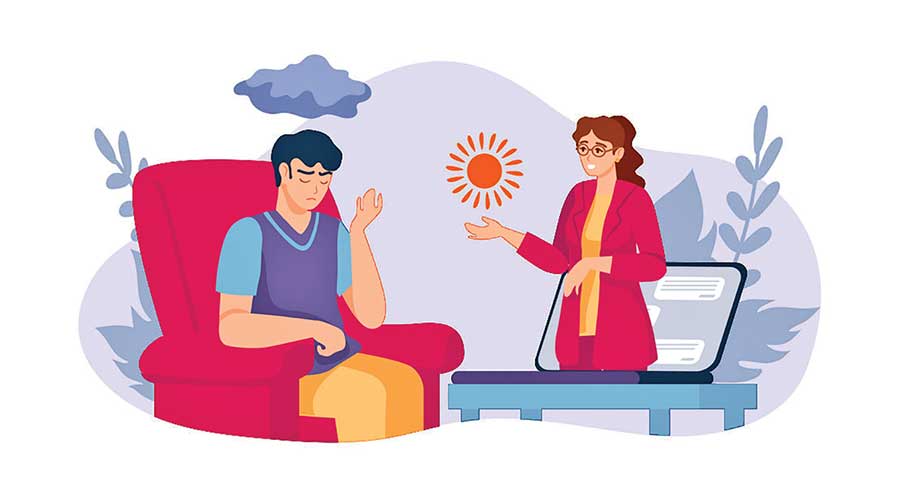ASK A PHYSICAL THERAPIST
- 13 Apr - 19 Apr, 2024

We all know teens can be difficult. They’ll push boundaries and they’ll keep pushing if they don’t come up against any resistance. Our first suggestion is that you take a step back. Assess where your boundaries are. Ask yourself which aspects of their behaviour you don’t like.
Openly discuss these issues with your kids. Not in a confrontational way. Instead, pick an issue and prepare yourself. By that we mean you need to be prepared not to get emotional. Don’t just talk, listen. Hear them out, it’s important that their feelings are acknowledged and validated. However, that doesn’t mean they’re going to have it all their way. You need to establish clear boundaries and clear consequences, which should be proportionate and always come with a warning beforehand. This gives them the opportunity to make the change you want to see. Warnings should be accompanied by a retreat on your part, so that they have the space to make that change without your constant surveillance. If the warning goes unheeded, you must follow through with the consequence.
It can feel overwhelming to research therapy options. And many people give up on getting a therapist because they don’t know how to get started. Fortunately, there are some steps you can take to simplify the process so you can begin therapy and start feeling better.
There may be one specific type of therapy that speaks to you. For example, you might find EMDR (Eye Movement Desensitisation and Reprocessing) sounds like an appealing way to deal with past trauma. Or, you might think that sounds awful because you want to talk about moving forward, not the past.
If you have a strong feeling about a type of treatment, choose a therapist who offers something you’re interested in.
The most important thing to look for in a therapist is someone you’ll feel comfortable working with. A healthy therapeutic relationship is more important than the type of treatment.
You might decide you’re most comfortable working with someone who is around the same age or maybe you want someone who is from your parents’ generation. It’s important to consider what type of person you imagine yourself opening up to the most.
In the past, therapy usually involved meeting with a therapist one time a week in an office setting. That’s really evolved over the past few years however.
Now, you can have video appointments, phone calls, or text message conversations. It all depends on what you’re looking for.
So, consider whether you’d like to reach out to a local therapist who you can see face-to-face or whether you’d like to access an online therapist who may offer several ways to communicate.
COMMENTS